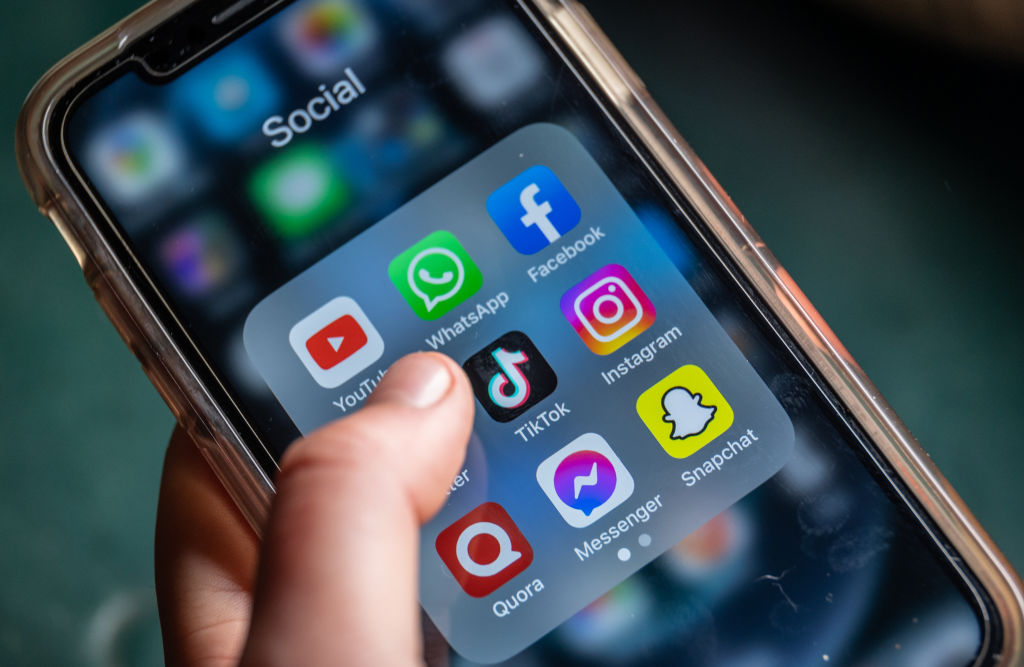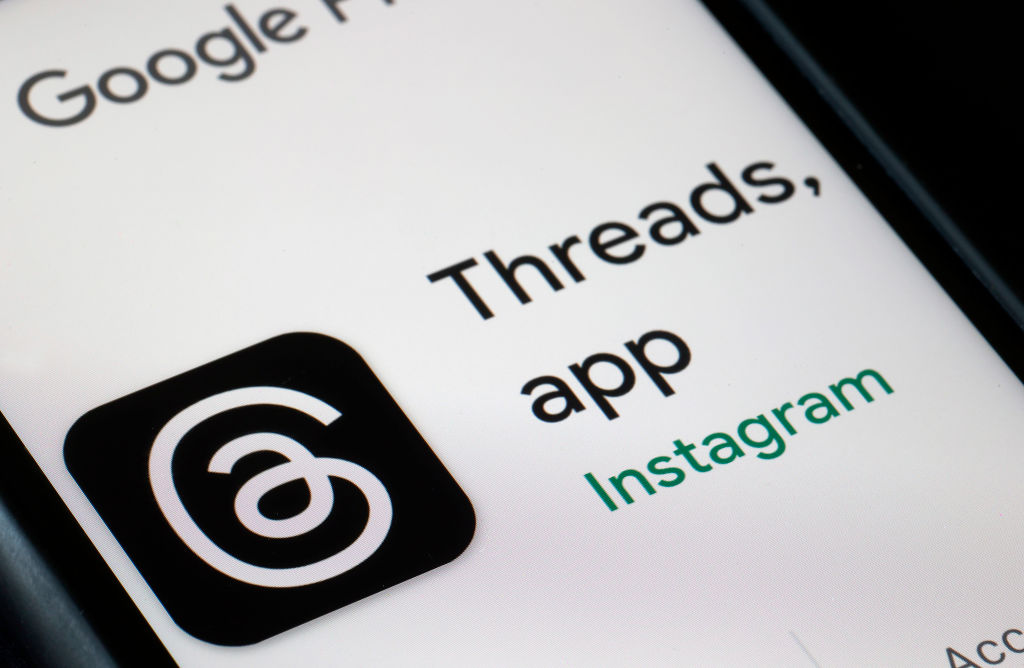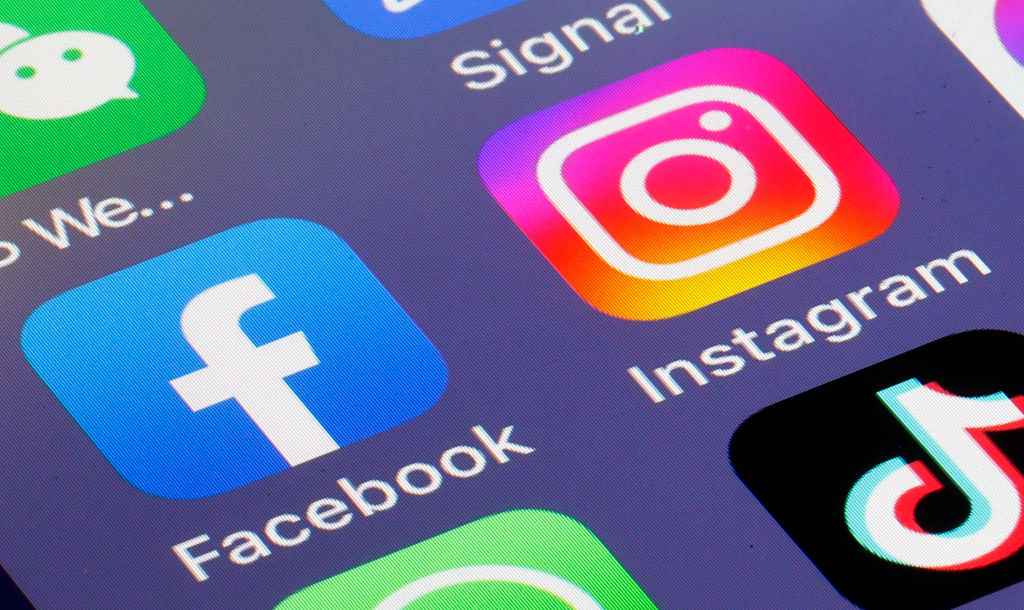US billionaire Elon Musk and his X social media platform, formerly Twitter, appear to be off the hook for now with the European Commission leaving the company outside the scope of much of its Digital Markets Act (DMA).
Having been also left off the DMA long-list back in July, the European Union has confirmed that Musk’s company is not being designated a digital “gatekeeper”, a status that comes with a host of new legal obligations.
Other major tech firms have not been so lucky, with Amazon, Apple, Microsoft, Google owner Alphabet, Facebook owner Meta and TikTok owner ByteDance being the first six firms to be officially designated as gatekeepers by the bloc under the DMA.
It’s D-Day for #DMA!
The most impactful online companies will now have to play by our EU rules.#Gatekeepers are:
Alphabet
Amazon
Apple
ByteDance
Meta
MicrosoftDMA means more choice for consumers.
Fewer obstacles for smaller competitors.
Opening the gates to the Internet?? pic.twitter.com/xaTluUfBax
— Thierry Breton (@ThierryBreton) September 6, 2023
All six companies will now need to ensure that some of their specific products – such as Alphabet’s Google Search, Meta’s WhatsApp and Microsoft’s Windows OS – do not tie down users to only first-party products and apps.
The Big Tech firms will be mandated to allow third parties to use their services, with the EU requiring the likes of Alphabet’s Android to be compatible with non-Google app stores and programs.
The companies face fines of up to 10 per cent of their international revenue if they are found to have breached any of their responsibilities, with this rising to 20 per cent for repeat offences.
Efforts to censor the internet in Europe must be left to the European Union and its Digital Services Act, the European Commission has told France. https://t.co/C6RmyA6Swa
— Brussels Signal (@brusselssignal) August 3, 2023
Speaking of the announcement, the EU’s censorship and digital regulation tsar Thierry Breton hailed the move as another victory for EU consumers.
“With today’s designation we are finally reining in the economic power of six gatekeepers, giving more choice to consumers and creating new opportunities for smaller innovative tech companies,” the European Commissioner said.
Breton in particular hailed the EU’s decision to mandate designated companies to allow the “sideloading” of applications on their operating systems, which he said would make the European tech sector more competitive for minor players.
Sideloading refers to installing software on a device without using the approved app store or software distribution channel.
“It was high time that Europe sets the rules of the game upfront, to ensure digital markets are fair and open,” he said.
The DMA announcement follows the recent implementation of the Digital Services Act (DSA), which came into force for the first time late last month.
Under the DSA, numerous online platforms including Facebook, TikTok and Twitter, will be forced to implement a wide variety of EU moderation policies, including the rapid censoring of content deemed to constitute “disinformation” or “hate speech”.
X will launch a legal challenge against forthcoming anti-hate-speech laws in Ireland, its US billionaire owner @elonmusk has announced. https://t.co/T0x46rGNqi
— Brussels Signal (@brusselssignal) August 25, 2023





